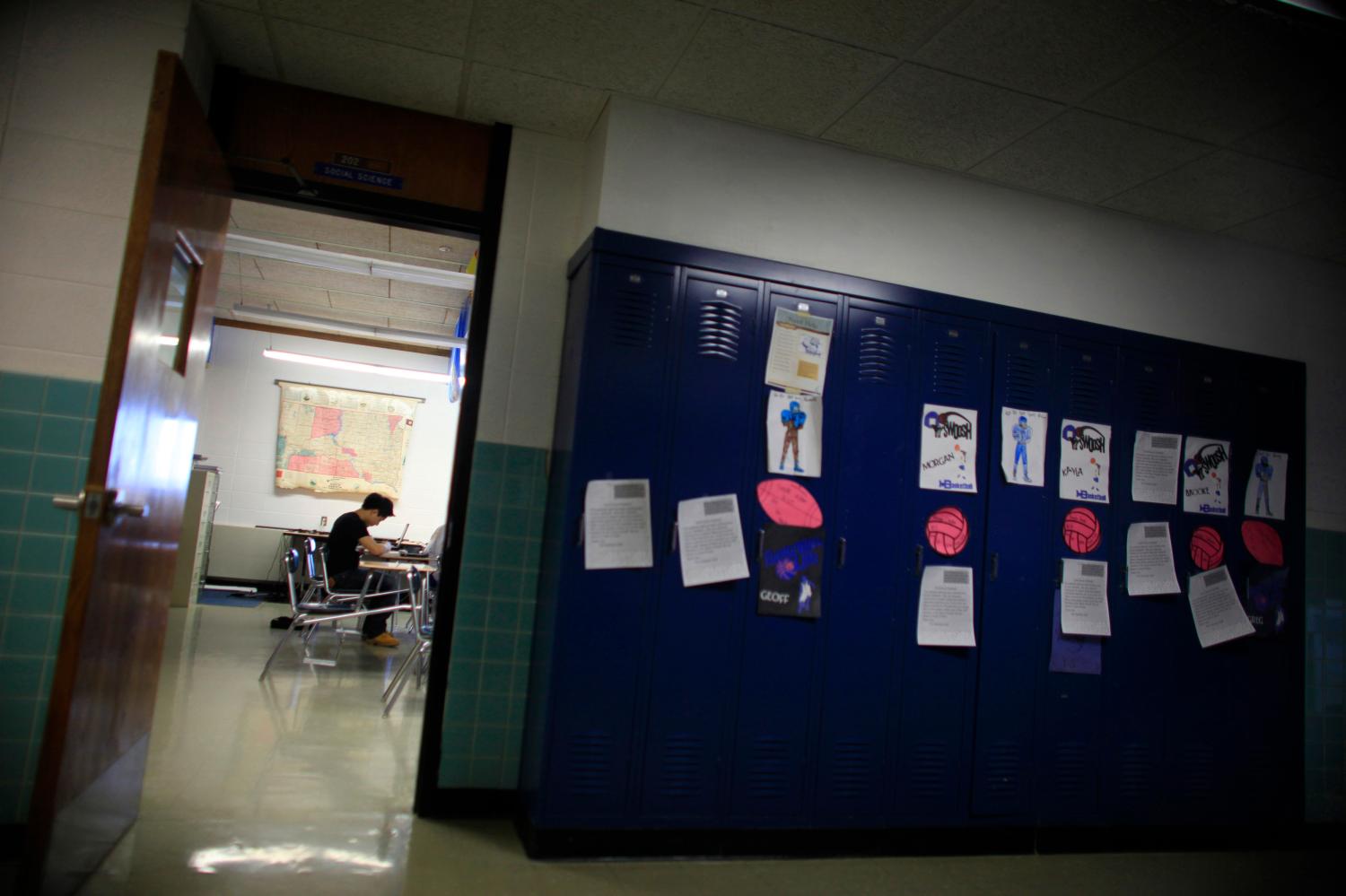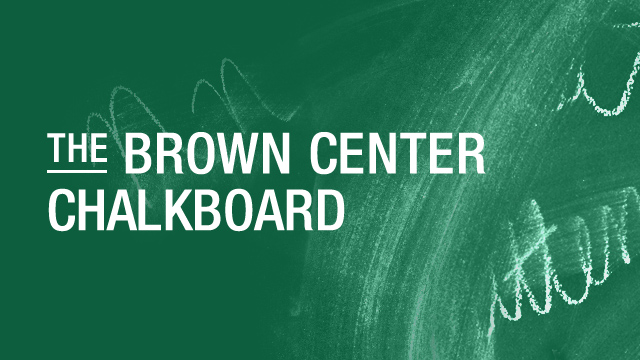The framers of No Child Left Behind (NCLB) predicted that transparency would spotlight effective educational practices, encouraging less effective public schools and school systems to copy their more successful peers. The transition from NCLB to ESSA is a good time to reflect on why the former brought only modest change.
We do not discount other factors, but argue that just as Congress is the keystone of the Washington establishment, school boards are the keystone of public education. School boards have considerable power over their local school systems, which they may choose to exercise in matters real or symbolic. Some evidence suggests that where boards focus on academics, students learn more. This motivates our question, do school boards use their power to promote student learning?
For one of the authors, this is an applied question. Maranto won election to the local school board, then underwent roughly 20 hours of training by the state school boards association. The training addressed finance, law, regulations, FOIA, how to run effective meetings, and the importance of board unity and relying on the chain of command (the superintendent) for information, with the implication that other sources are untrustworthy. Interestingly, no training addressed how to use our state’s metrics to hold superintendents accountable for academic performance. Shortly thereafter Maranto played a role in hiring a new superintendent. Though this process took place more than a decade after NCLB’s enactment in 2002, very few serious job candidates addressed how (or if) they had improved student learning in their current posts.
Was this typical? The principal-agent literature argues that contracts set expectations for employees and signal what employers value: thus if school boards value academic performance, we should find academic criteria in the contracts agreed upon by school boards and superintendents. So do school superintendent contracts mention academics?
We examined the universe of 2013-14 superintendent contracts in North Carolina (n=115). North Carolina offers an interesting test case since the state pioneered school accountability systems, and has had a substantial charter school presence since the mid-1990s, offering both accountability and market incentives for academic improvement.
We found that while 112 school boards (97.4 percent) specified that formal academic credentials were required of their superintendents, only nine (7.8 percent) listed (usually vague) academic goals like raising graduation rates; another nine had superintendents create their own goals, and three (2.6 percent) did both. In short, very few school boards use contract provisions to hold superintendents accountable for student achievement and attainment.
Nationally, we examined the universe of sample superintendent contracts posted by state school boards associations (n=20). Each addressed superintendent licensure, salaries, days of service, fiscal and managerial duties, and conflicts of interest. In contrast, only half (10) listed curricular duties, and none listed academic goals in any fashion. This accords with national surveys indicating that the three most important criteria that school board members use to evaluate superintendents are board-superintendent relationships, employee morale, and student safety. Management comes next, essentially tied with standardized test scores.
We acknowledge that there may not be a causal relationship between performance goals for superintendents and student learning. Our motivating hypothesis asserts this claim, but we know of no prior empirical evidence investigating this in the context of the school board – superintendent relationship, nor were we able to confirm or refute this hypothesis with our data (not enough variation across districts to produce a sufficiently powered test). Though we could not provide any empirical evidence, the finding that so few districts actually contain such contractual provisions alone was a real surprise to us, which we feel says a lot about the viability of reform efforts through greater internal accountability.
Our findings may reflect what Robert Behn calls the “accountability dilemma”: accountability for finance and fairness drives out accountability for performance. Further, as the works in William Howell’s classic edited book on school boards shows, the odd timing and nonpartisan status of most school board elections facilitate control by system insiders, who might resist performance accountability.
In short, academic achievement and attainment seemingly play little role in how school boards evaluate the performance of superintendents. Generally, over the past two decades political and business elites have commonly cast public school systems as underperforming while system insiders, including school boards, defended existing levels of academic achievement and attainment. Our findings reinforce the view that school boards are unlikely to reform schooling. In our view, reform is most likely to advance through the ever-increasing involvement of generalist executives and legislators, who will continue to erode education’s policy isolation.
The Brookings Institution is committed to quality, independence, and impact.
We are supported by a diverse array of funders. In line with our values and policies, each Brookings publication represents the sole views of its author(s).



